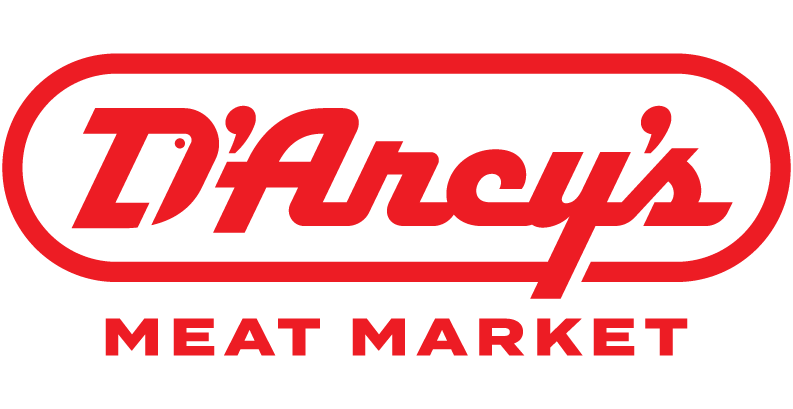Major Canadian chains like A&W, Earls and Sobeys made headlines recently by adopting “Certified Humane” programs for their meat and eggs. This certification mirrors many in the U.S., though the Canadian government has yet to impose any official legislation. Apart from general animal welfare and hygienic conditions, the only other humane certification the government provides is if the product qualifies as “Certified Organic.” So just what does “Certified Humane” mean to the average Canadian consumer? Read on for D’Arcy’s crash course in this new food trend.
WHO REGULATES ‘CERTIFIED HUMANE’ PRODUCTS?
 Since there is no government regulation for “humane” certification, any label that claims humane conditions should be given a closer look. In the case of the companies mentioned in the introduction, their “Certified Humane” labels are backed by either the companies’ own standards or a U.S.-based third-party’s requirements. Fortunately, there are many new efforts to work with groups such as SPCA to outline responsible, humane methods on a local level.
Since there is no government regulation for “humane” certification, any label that claims humane conditions should be given a closer look. In the case of the companies mentioned in the introduction, their “Certified Humane” labels are backed by either the companies’ own standards or a U.S.-based third-party’s requirements. Fortunately, there are many new efforts to work with groups such as SPCA to outline responsible, humane methods on a local level.
WHAT ARE THE TYPICAL REQUIREMENTS FOR ‘HUMANE’ CERTIFICATION?
The following is a summary of “Certified Humane” standards, based on the criteria of the U.S. non-profit group Humane Animal Care:
- Producers must observe food safety and environmental regulations;
- Processors must comply with the American Meat Institute Standards– created by animal welfare specialist Temple Grandin;
- No animal byproducts, antibiotics or growth hormones present in animals’ diet;
- Animals free to roam up to a specific standard.
These standards are far from universal– and most are based on research and data from places with varying climates, growing seasons, crop types and animal breeds.
WHAT’S THE BEST WAY TO SUPPORT HUMANELY RAISED ANIMAL PRODUCTS?
Critical looks at a wide variety of certifiers have revealed significant discrepancies between what is considered ‘humane.’ Efforts are beginning to debunk mislabeling and dishonest claims, but consumers should always read the fine print. If you want to support better treatment for animals, buying into vague or false claims will not help the cause. Always invest your money in a trusted source and ask questions if you have any doubts.
The experts here at D’Arcy’s carefully and thoughtfully choose our suppliers, many of which are local, humane operations with more rigorous standards than what the national chains advertise. Contact or visit us today for answers to all of your “Certified Humane” questions and concerns.
